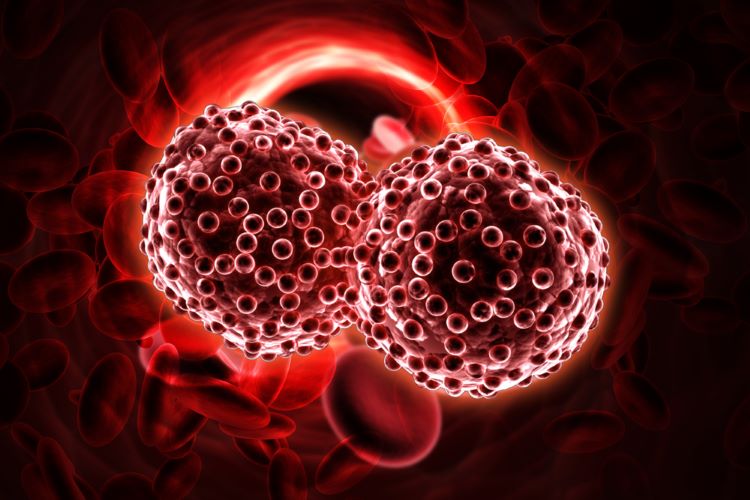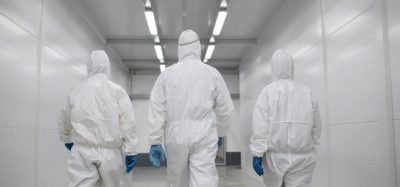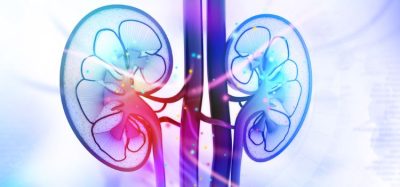Neoadjuvant nivolumab improves long-term survival for lung cancer
Posted: 15 February 2023 | Catherine Eckford (European Pharmaceutical Review) | No comments yet
Analysis of a Phase II trial for non-small cell lung cancer has suggested neoadjuvant nivolumab improved five-year recurrence-free survival compared with historical outcomes.


Final analyses of a Phase II trial for resectable non-small cell lung cancer (NSCLC) has concluded that 60 percent of patients treated with neoadjuvant nivolumab remained recurrence-free five years after surgery. Improved overall survival rates compared with historical outcomes were also observed.
The results suggest “that neoadjuvant nivolumab was safe in long-term follow-up,” commented Patrick Forde, MBBCh, an Associate Professor of oncology and Director of the Thoracic Oncology Clinical Research Program at the Sidney Kimmel Comprehensive Cancer Center at Johns Hopkins.
In the trial, 20 stage I-III resectable NSCLC patients were treated with two doses of neoadjuvant nivolumab. The follow-up analysis, published in Clinical Cancer Research showed that major pathological responses were seen in 45 percent of patients with the disease, independent of tumour PD-L1 expression. In addition, 73 percent of patients whose tumours were surgically resected were recurrence-free 18 months following surgery.
“To our knowledge,” added Forde. this data analysis “is the longest follow-up to date for a PD-1/PD-L1 inhibitor in the neoadjuvant setting for any solid tumour.”
Further results and conclusions from the final analyses
The data demonstrated that 80 percent of patients were still alive after the follow up. This, and the five-year recurrence-free survival rate seen the trial exceeds the 36 to 68 percent survival rate for this time period historically observed for stage I-III NSCLC patients, noted Dr Samuel Rosner, co-first author of the study, medical oncology fellow at the Sidney Kimmel Comprehensive Cancer Center at Johns Hopkins and a member of Forde’s research group.
The authors also identified major pathologic response after neoadjuvant nivolumab as a potential predictive biomarker of recurrence-free and overall survival. Of the nine patients who had a major pathological response, eight were alive and cancer-free five years after treatment. One patient experienced a recurrence within the first ten months post-treatment but has since been disease-free after definitive chemoradiation. The one death in this subgroup was unrelated to cancer.
In contrast, six of the 11 non-small cell lung cancer patients who did not have a major pathological response experienced disease recurrence. Three of these patients died due to their cancer. These results indicate that a major pathological response following neoadjuvant nivolumab may be associated with a lower risk of disease recurrence and death.
Outcomes from the NSCLC Phase II trial
“An interesting finding from the analysis was the difference in outcomes between patients with and without a major pathological response,” acknowledged Rosner. “Although the sample size was small, the results illustrate the potential power of pathological response as a predictive biomarker.”
Neoadjuvant nivolumab did not lead to surgical delays. Only one late-onset immune-related adverse event (AE) occurred, 16 months post-treatment. It was successfully managed, the authors noted.
Neoadjuvant nivolumab in combination with chemotherapy was approved by the US Food and Drug Administration (FDA) in March 2022 for lung cancer.
The study was supported by funding from Stand Up To Cancer, Bristol-Myers Squibb, the International Immuno-Oncology Network, the LUNGevity Foundation, the International Association for the Study of Lung Cancer (IASLC), the Prevent Cancer Foundation, the Lung Cancer Foundation of America, the MacMillan Foundation, the ECOG-ACRIN Cancer Research Group, the National Institutes of Health (NIH), Johns Hopkins University Cancer Center, and Memorial Sloan Kettering Cancer Center (MSK).
Related topics
Anti-Cancer Therapeutics, Biopharmaceuticals, Clinical Development, Clinical Trials, Data Analysis, Drug Development, Drug Safety, Research & Development (R&D), Therapeutics
Related organisations
Bristol-Myers Squibb, ECOG-ACRIN Cancer Research Group, International Association for the Study of Lung Cancer (IASLC), International Immuno-Oncology Network, Johns Hopkins University Cancer Center, Lung Cancer Foundation of America, LUNGevity Foundation, MacMillan Foundation, Memorial Sloan Kettering Cancer Center (MSK), National Institutes of Health (NIH), Prevent Cancer Foundation, Stand Up To Cancer









